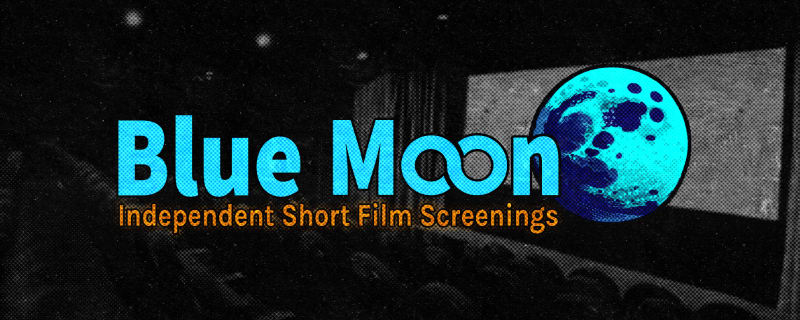

In Progress
Colin White (IMDB)
**Script Review: "Colin White," is triumph over adversity
**Script Review: "Colin White"**
As the author of "Colin White," I find myself reflecting on the intricate narrative woven through this script, my intension was to capture the raw struggles and triumphs of Colin, a young Black man navigating a predominantly white working class environment in 1980s Bristol, set predominantly in Avonmouth. It doesn’t just tell a story; it dives deep into the exploration of racism, identity, and camaraderie, layered with the societal tensions that were thick in the air back then—and still are today.
From the outset, the opening scenes hit hard, immersing the audience in the stark realities Colin faces as he steps into the Phenway Express depot. You can feel the tension crackling like static, filled with awkwardness and hostility. But then, enter Trev—an unexpected ally who gives Colin a glimmer of hope. Their relationship becomes the heartbeat at the start of the script, showcasing how friendship can break down barriers and challenge the status quo, highlighting the power of camaraderie in overcoming prejudice.
The dialogue is intended to be sharp and authentic, reflecting the cultural vernacular of the era while illuminating the characters' complex personalities. Characters like Bill, with his blatant racism, serve as archetypes of the systemic issues Colin confronts. Yet, the script balances the heavier themes with moments of levity and humanity, particularly in the interactions between the drivers. It’s a reminder that even in the darkest times, laughter can be a weapon against oppression.
Now let’s talk about Brady. His internal struggle within himself. He grapples with the toxic legacy of his upbringing, trying to reconcile the hate instilled by his father with the humanity he starts to see in Colin. I was told, "this conflict resonates deeply, making the characters relatable and their journeys compelling.
The climax? Is, Colin standing up against the systemic racism at Phenway Express, and it’s a moment that demands attention. It’s not just a personal victory; it’s a powerful statement on the need for change. The resolution offers a glimpse of hope, suggesting that dialogue and understanding can lead to progress, albeit slowly. The ending juxtaposes camaraderie with the harsh realities of society, leaving viewers with much to ponder.
In the end, "Colin White" is not just a script; it’s a call to action. It entertains while forcing us to reflect on race, identity, and the connections that bind us. It challenges stereotypes and ignites empathy, making it a vital piece of storytelling that resonates across generations. As the author, I feel proud of how this narrative unfolds, hoping it sparks the kind of conversations we need to keep having about race and humanity—both then and now. This is a story that needs to be told, and I believe it will resonate with audiences far and wide.
On board
I'm working on this project
Kirris Riviere Bristol, United Kingdom
Kirris Riviere Actor. Musician Blues Singer, Songwriter. Screenwriter and Director.
- Admin
- Screenwriter





